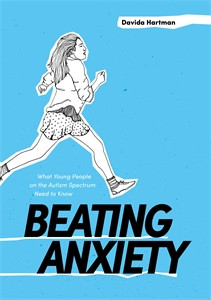Late intervention often means that young people on the autism spectrum appear to act on impulse, seem disorganized, or fail to learn from past experiences.
In this practical, effective resource, the authors share tried and tested techniques for creating and using a personal planner to help individuals on the autism spectrum to develop independence.
Planning to Learn is split into three parts. The first part guides adults in helping young people to make sense of the world and to develop and practise coping strategies for any given situation. The authors also explain how simple visual and verbal cues can help people to cope successfully in stressful situations. The second part provides worksheets for the young person to complete to learn how to use plans in different situations, for example staying calm when waiting for a doctor, or coping with a change in the school timetable. Each individual makes a unique planner with procedures to refer to, such as responding to pressure, calming down, being organised, and being around people. The third part includes useful cards, schedules and plans for photocopying and including in the planner.
This illustrated photocopiable workbook is packed with guidance, support and helpful notes for those new to, or experienced in, working with children and young people with ASD. It can be used within educational and community settings or at home.







